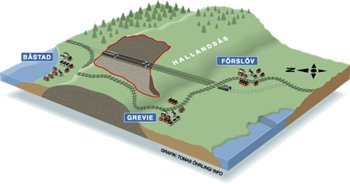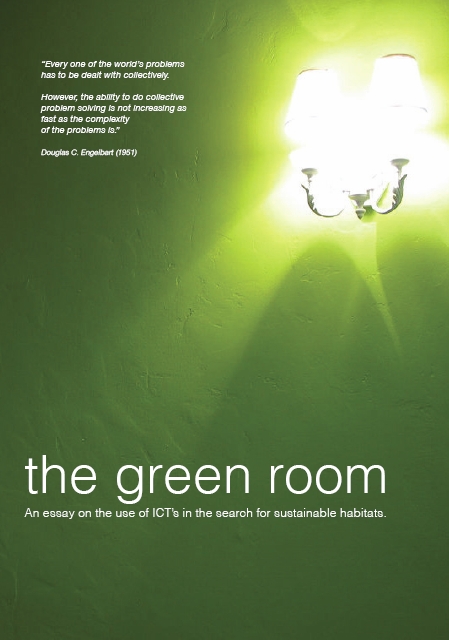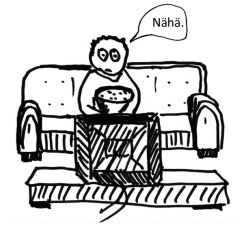En skrivande generation
Via mymarkup hittar jag den här artikeln i Wired om "den nya läskunnigheten". Stanfordprofessorn Andrea Lunsford har mellan 2001-2006 samlat in data till en mycket omfattande undersökning av ungdomars skrivvanor.
Enligt Lunsford befinner vi oss idag "in the midst of a literacy revolution the likes of which we haven't seen since Greek civilization" - ändå framhärdar många inom humanioran med att ondgöra sig över att läs- och skrivkunnigheten minskar. Kanske hänger detta samman med att skrivandets former förändas på ett sådant sätt att det skrivande som värderades högt av föregående generation helt enkelt har tappat en del av sin funktion:
Enligt Lunsford befinner vi oss idag "in the midst of a literacy revolution the likes of which we haven't seen since Greek civilization" - ändå framhärdar många inom humanioran med att ondgöra sig över att läs- och skrivkunnigheten minskar. Kanske hänger detta samman med att skrivandets former förändas på ett sådant sätt att det skrivande som värderades högt av föregående generation helt enkelt har tappat en del av sin funktion:
"Lunsford's team found that the students were remarkably adept at what rhetoricians call kairos — assessing their audience and adapting their tone and technique to best get their point across. The modern world of online writing, particularly in chat and on discussion threads, is conversational and public, which makes it closer to the Greek tradition of argument than the asynchronous letter and essay writing of 50 years ago. (min fetstil)"Enligt udnersökningen skriver dagens ungdomar mångdubbelt mer än någon tidigare generation och 38% av detta skrivande sker utanför klassrummet, online, som en del i deltagande i sociala nätverk osv:
"It's almost hard to remember how big a paradigm shift this is. Before the Internet came along, most Americans never wrote anything, ever, that wasn't a school assignment. Unless they got a job that required producing text (like in law, advertising, or media), they'd leave school and virtually never construct a paragraph again."Wireds slutsatser om utvecklandet av ett haiku-likt medvetande såväl som långprosa är intressanta:
"Of course, good teaching is always going to be crucial, as is the mastering of formal academic prose. But it's also becoming clear that online media are pushing literacy into cool directions. The brevity of texting and status updating teaches young people to deploy haiku-like concision. At the same time, the proliferation of new forms of online pop-cultural exegesis—from sprawling TV-show recaps to 15,000-word videogame walkthroughs—has given them a chance to write enormously long and complex pieces of prose, often while working collaboratively with others."







0 kommentarer:
Skicka en kommentar
Prenumerera på Kommentarer till inlägget [Atom]
<< Startsida